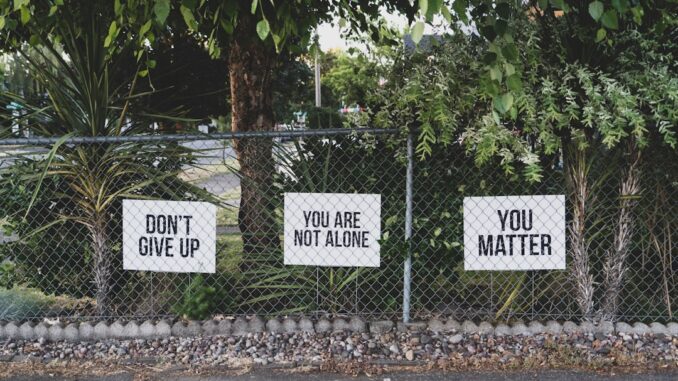
Embarking on the journey of recovery is both challenging and rewarding. One of the most significant steps you can take is to surround yourself with supportive, healthy friendships. These relationships not only bolster your sobriety but also enrich your life with trust, empathy, and shared experiences.
The Importance of Healthy Friendships in Recovery
Healthy friendships provide a foundation of trust and mutual respect, essential for maintaining sobriety. They offer a sense of belonging and understanding, which can be particularly comforting during challenging times. For instance, consider Sarah, who after completing her rehabilitation program, joined a local hiking group. The group not only shared her passion for the outdoors but also supported her commitment to sobriety, making her feel less isolated and more connected.
Strategies to Build Supportive Friendships
- Join Support Groups
Engaging in support groups like Alcoholics Anonymous (AA) or Narcotics Anonymous (NA) connects you with individuals who understand your journey. These groups foster a sense of community and shared experience, laying the groundwork for lasting friendships. (vitanovarehab.com)
- Participate in Sober Activities
Involvement in sober activities such as sports, hobbies, or community events introduces you to new people with similar interests. Whether it’s a book club, a hiking group, or a cooking class, these activities offer opportunities to bond over shared passions. (vitanovarehab.com)
- Volunteer
Volunteering is an excellent way to meet like-minded individuals while giving back to the community. It’s a fulfilling way to build connections and develop friendships based on mutual values and goals. (vitanovarehab.com)
- Reconnect with Family and Old Friends
Reconnecting with family members and old friends who have always been there for you can be a comforting way to rebuild relationships post-rehab. Surrounding yourself with familiar faces who care about your well-being can offer a sense of stability and belonging during this transitional period. (zoerecovery.com)
- Set Boundaries and Prioritize Your Sobriety
When meeting new acquaintances, it’s important to set boundaries and prioritize your sobriety above all else. If someone starts reigniting triggers or invites you to engage in harmful behaviors such as drinking, don’t hesitate to say no and distance yourself from those situations. (zoerecovery.com)
Balancing Old and New Friendships
Balancing relationships with old friends and new sober friends can be challenging. It’s essential to assess whether your old friendships support your recovery. If they do, consider organizing informal gatherings to bridge the gap between your old and new social circles. For example, hosting a dinner where both groups can interact may foster understanding and support. (rehab-recovery.co.uk)
Setting Boundaries and Navigating Unhealthy Friendships
Recognizing and setting boundaries with unhealthy friendships is crucial. If a friend encourages you to use substances or engages in behaviors that threaten your sobriety, it’s important to distance yourself. Establishing clear boundaries, such as deciding not to spend time with individuals who sabotage your recovery, helps protect your well-being. (rehab-recovery.co.uk)
The Role of Sober Friends in Recovery
Having sober friends means having fewer temptations to use drugs or alcohol. This is because they don’t engage in using substances, even on special occasions. This can help your recovery greatly. Another perk of having sober friends is that your schedules will often line up more often. You don’t have to avoid them when they are drinking or using, since they don’t drink or use. Sober friends won’t ever use drugs or drink alcohol in your presence, creating less of a temptation for you. (northstartransitions.com)
Utilizing Technology to Connect
In today’s digital age, technology can be a valuable tool in building supportive friendships. Online support groups and recovery apps provide platforms to connect with others in recovery, share experiences, and offer mutual support. For instance, the “Addict Free” app offers a community where users can seek advice, share experiences, and receive support, enhancing their recovery journey. (arxiv.org)
Maintaining Healthy Friendships
Building friendships in recovery requires effort and commitment. It involves active listening, setting clear boundaries, and being mindful of the dynamics of each relationship. Remember, not every friendship will be a perfect fit, and that’s okay. The key is to surround yourself with individuals who support your sobriety and contribute positively to your life.
In conclusion, establishing and maintaining healthy friendships is a cornerstone of a successful recovery journey. By engaging in supportive communities, participating in sober activities, and setting clear boundaries, you can build a network of friends who encourage and support your sobriety. Remember, the quality of your friendships often outweighs the quantity, and surrounding yourself with positive influences can make all the difference in your recovery.


Be the first to comment